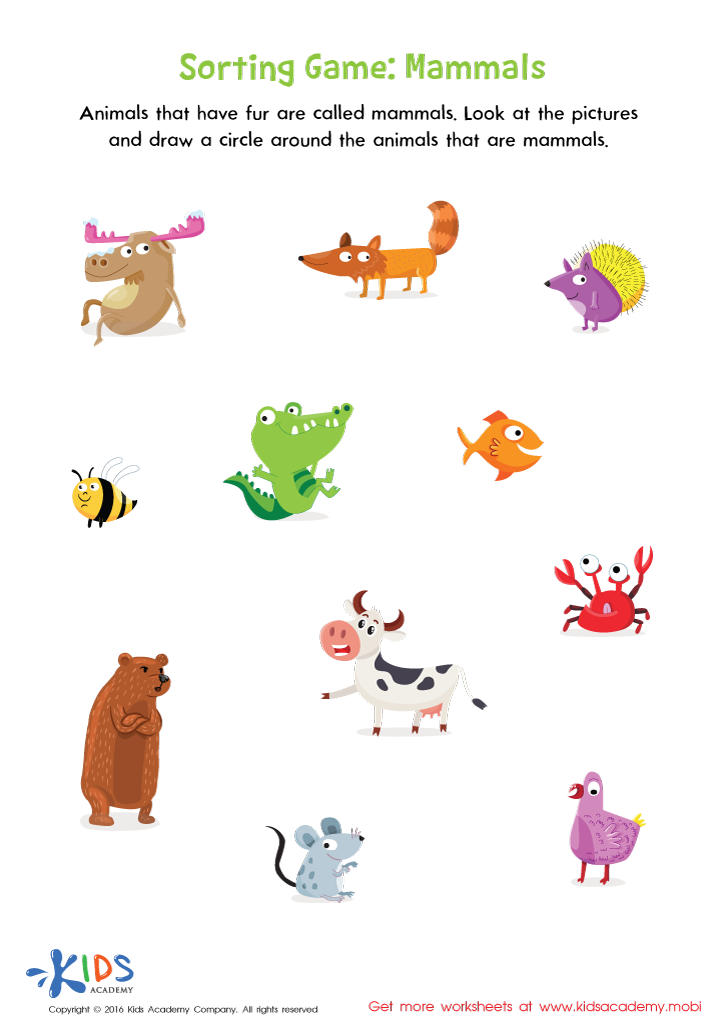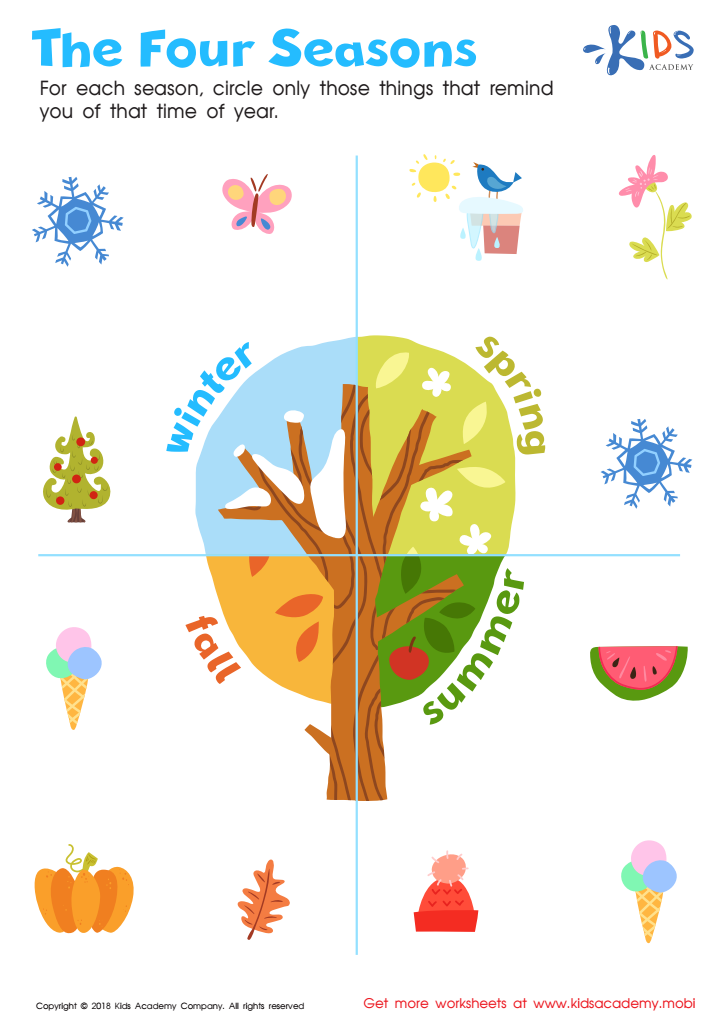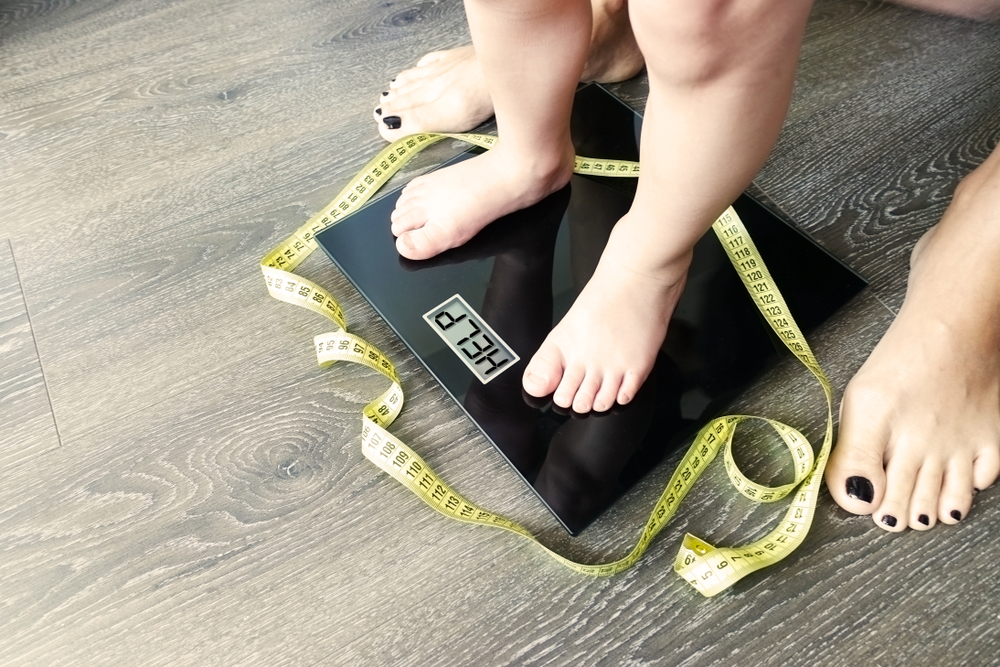Sorting skills Science Worksheets for Ages 3-5
3 filtered results
-
From - To
Enhance your child's sorting skills with our engaging science worksheets designed specifically for ages 3 to 5. These printable activities encourage young learners to categorize objects based on various attributes, fostering essential cognitive development and critical thinking. With colorful visuals and age-appropriate themes, children will enjoy sorting animals, shapes, colors, and more. Our worksheets promote hands-on exploration, helping children make connections between concepts in the natural world. Perfect for both home and classroom settings, these resources are ideal for nurturing a child's curiosity and understanding of their surroundings while developing foundational skills for future learning. Get started today!


Sort and Count to the Moon Worksheet


Mammals Sorting Worksheet


The Four Seasons Worksheet
Sorting skills are foundational for cognitive development in early childhood, particularly for children aged 3-5. Parents and teachers should prioritize these skills because sorting helps build critical thinking, categorization, and organizational skills. When young children sort objects by size, color, or shape, they enhance their ability to notice differences and similarities, which strengthens their analytical skills.
Moreover, sorting activities promote hands-on learning and encourage active participation. Children engage with their environment in a meaningful way, fostering a love for learning. Sorting helps them understand abstract concepts, such as classification and grouping, which are essential for early math and science learning. It lays the groundwork for more complex problem-solving skills they will encounter later in school.
Additionally, sorting activities can serve as a social experience, allowing children to work collaboratively and communicate ideas with peers. This encourages social and emotional development by building teamwork and sharing skills.
In essence, developing sorting skills through playful activities can have a lasting impact on a child's overall development. Parents and teachers play an essential role in integrating these activities into daily routines, thus ensuring that children are set up for success as they transition into formal education.
 Assign to My Students
Assign to My Students




















